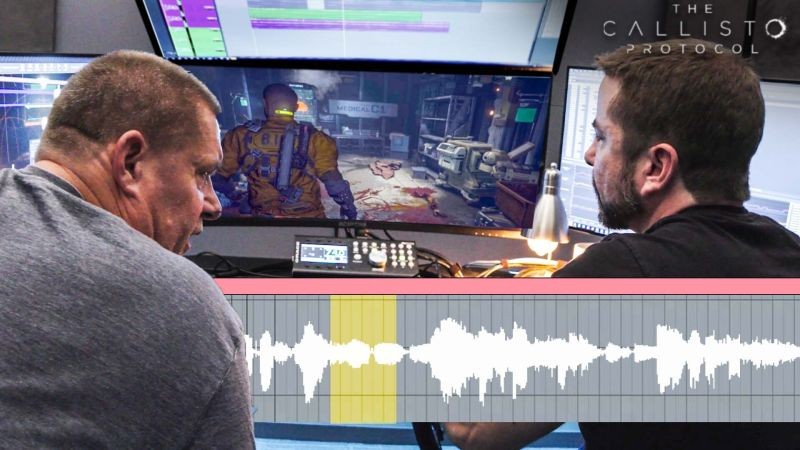
A widely-used open source Mac gaming application called Whisky is ceasing development, with its 18-year-old creator Isaac Marovitz encouraging users to switch to the paid CrossOver platform instead.
Marovitz, a Northeastern University student who developed Whisky as a front-end for Wine's Windows compatibility tools on macOS, announced the decision citing concerns about the tool's impact on the broader Wine development ecosystem.
"Whisky has not been a positive influence on the Wine community as a whole," Marovitz stated on the project's website. He noted that while major contributors like CodeWeavers and Valve make substantial improvements to Wine through their work on CrossOver and Proton, Whisky's contributions were "practically zero."
The young developer, who previously worked on projects like the Switch emulator Ryujinx, expressed worry that the free nature of Whisky could "seriously threaten CrossOver's viability." This concern stems from the limited pool of developers with the specialized knowledge needed to maintain and improve Wine compatibility on macOS.
CodeWeavers CEO James B. Ramey responded supportively to the shutdown announcement, expressing empathy for Marovitz's position. Ramey emphasized that maintaining such projects requires substantial resources for testing, support, and development - resources that help sustain future Wine and Proton development.
While managing user expectations was challenging, Marovitz clarified that this wasn't the primary reason for discontinuing Whisky. Instead, the decision reflected his broader perspective on supporting the sustainability of the Mac gaming ecosystem.
Despite stepping away from Whisky, Marovitz remains active in Mac gaming development. He is currently working on bringing Sonic Unleashed to Mac through recompilation efforts.
The shutdown marks a unique instance where a developer chose to end a successful open source project not due to burnout or resource constraints, but out of consideration for the broader software ecosystem's sustainability.